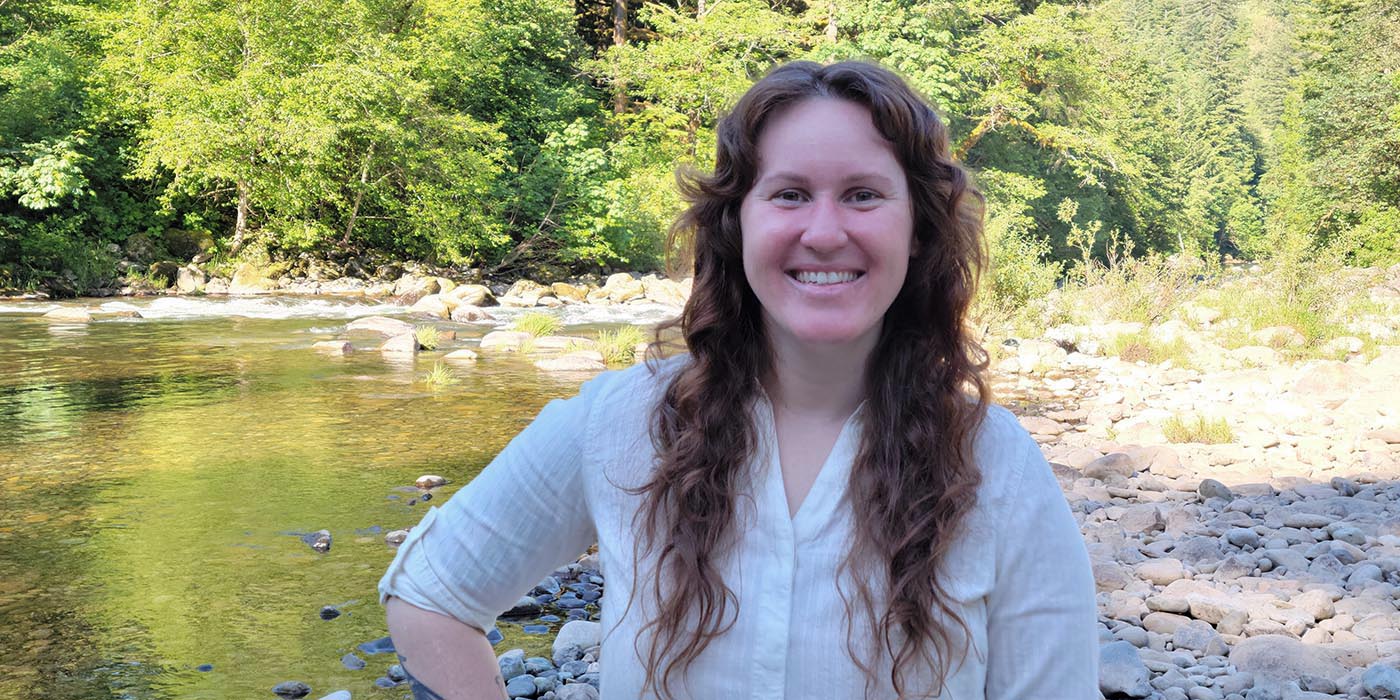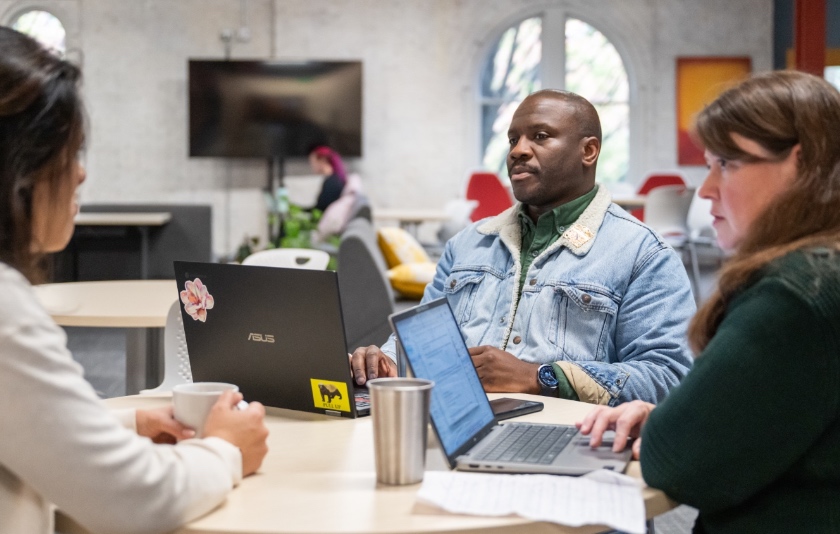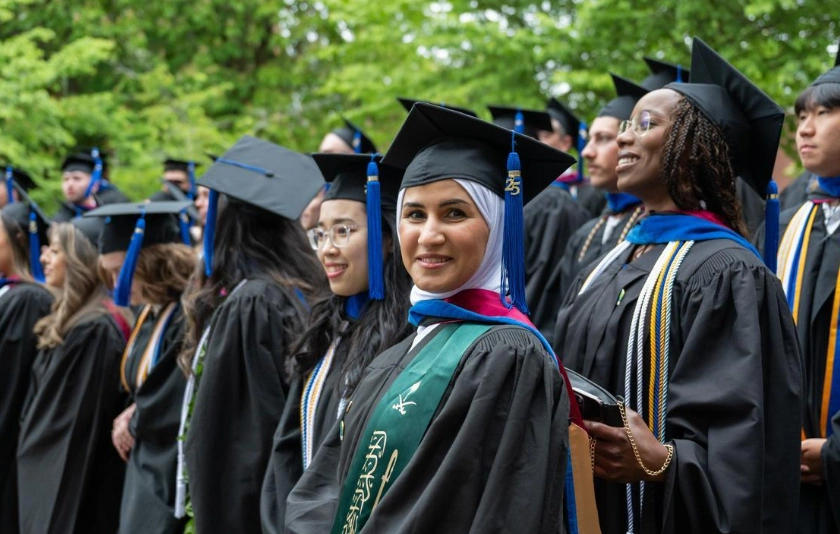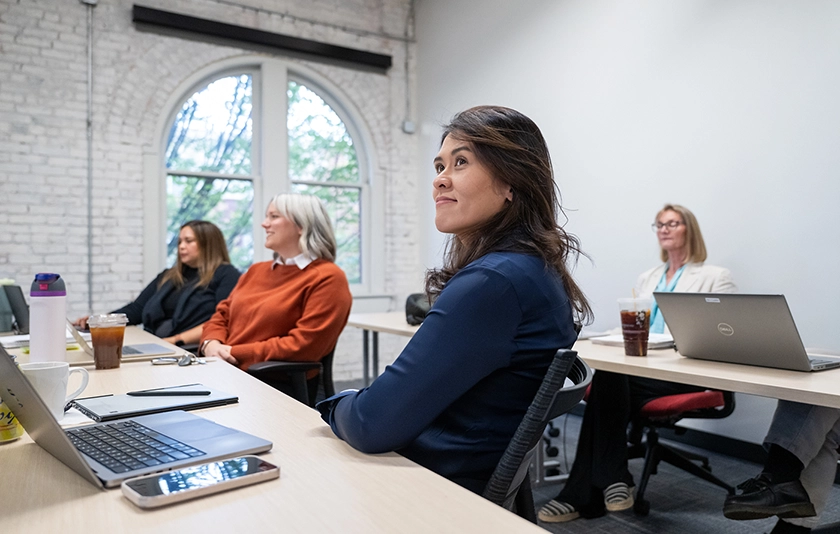After working for some of the nation’s biggest names in athletic wear, Amanda Langston MBA ’19 is taking on a new challenge.
A photography major who graduated from Pacific Northwest College of Art in 2010, Langston landed her first major role at a commercial photography studio operated by RR Donnelley in Portland. Advancing from a digital asset management role to directing dozens of creatives for a major retailer led to a year-long contract with behemoth Nike, where she became project manager for a brand design team. In that role she realized she needed a change.
“I had been so used to being on the receiving end of creative briefs — you pitch your idea to us, we’ll make the final decision — when I realized I didn’t want to receive the briefs anymore,” she said. “I wanted to write the brief.”
Working at Nike fine-tuned what she wanted in a career and solidified she wanted to pursue marketing operations. She’d negotiated contracts and managed budgets, and her art degree added value to her project management experience — she could relate to designers because she understood the creative process. Willamette’s MBA provided the management focus she wanted, and soon after she started the program, a job opened up at Columbia Sportswear.
For a little over a year, she drove the go-to-market process for global brand marketing, established key initiatives, developed marketing assets and created a clear roadmap for deliverables. Then a reorganization launched her into her dream job — a product marketer for its apparel. New responsibilities, such as attending photo shoots and streamlining product photography, also incorporated her undergraduate degree in a meaningful way.
But after she completed her MBA, she couldn’t stop thinking about a capstone project she had completed for class — a plan for a hemp farm in Arkansas, based on her family’s long history of farming in the state and a federal bill decriminalizing hemp production that passed that year.
Why not try it herself? Some of the land would soon be available, and operating a farm would allow her to be at the first step of the apparel process rather than the last. As wild as it was, her interest had grown out of her career and education.
“I had all this apparel experience and noticed a very common thread — it’s important for young consumers to see a sustainability story behind the company they’re buying from,” she said. “The IMAP class gave me the lens to think about it.”
Ever since, she’s been taking organic farming classes, pursuing internships and learning as much as she can before setting her plan in action in a few years. She’s not afraid of the outcome — failure is the best way to learn.
“The MBA program gave me the sense I can try this thing that feels outside of my wheelhouse,” she said. “It might succeed. If not, I have the rest of my life to work.”




